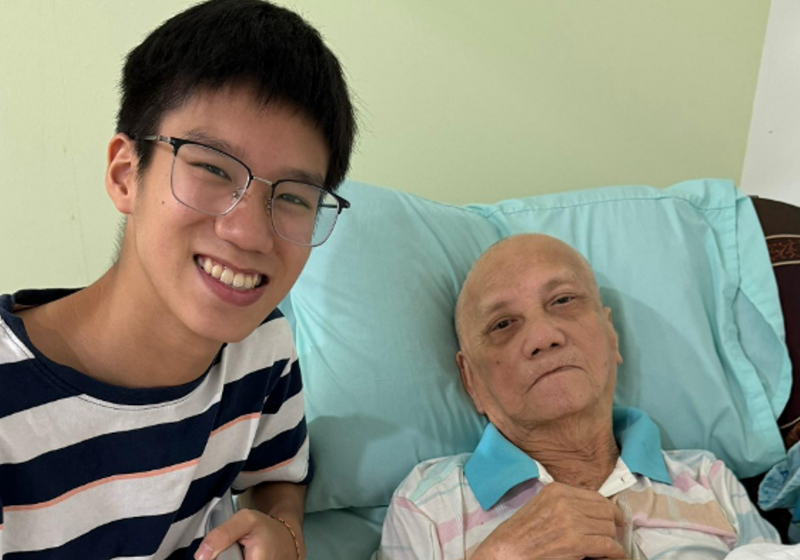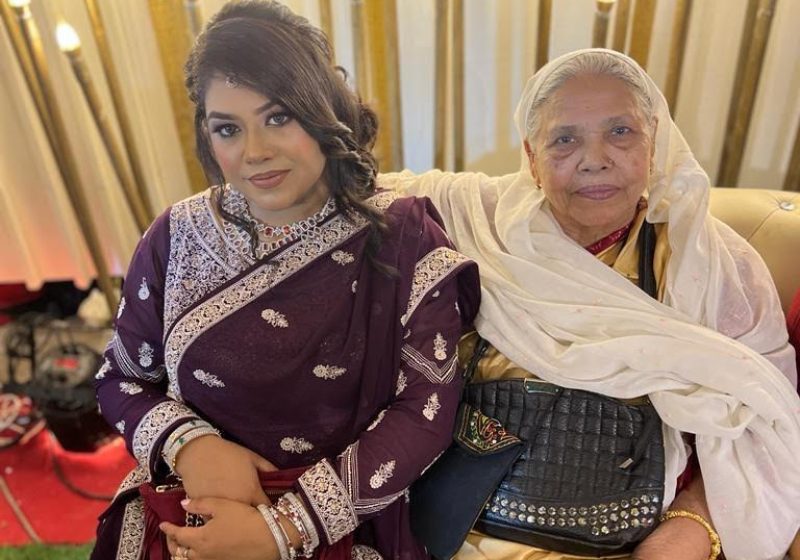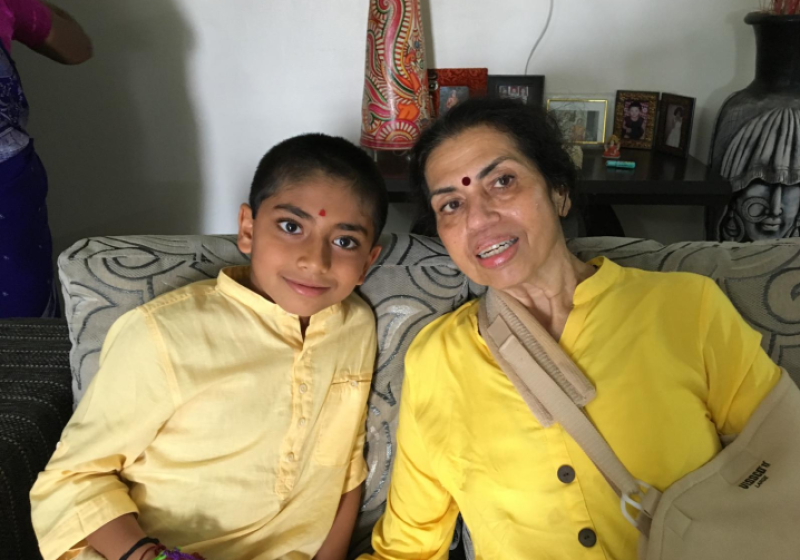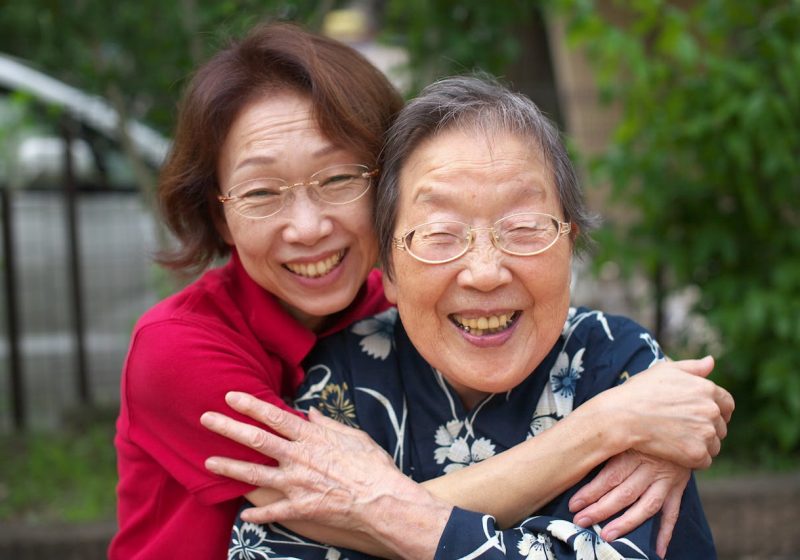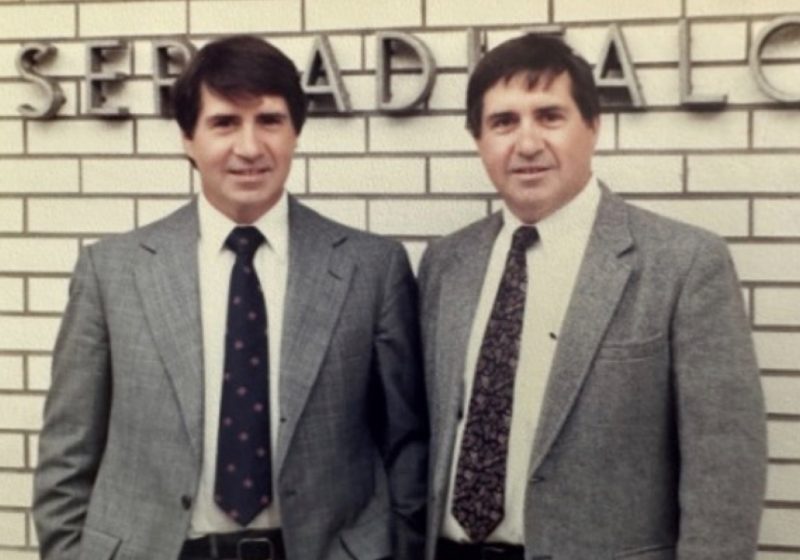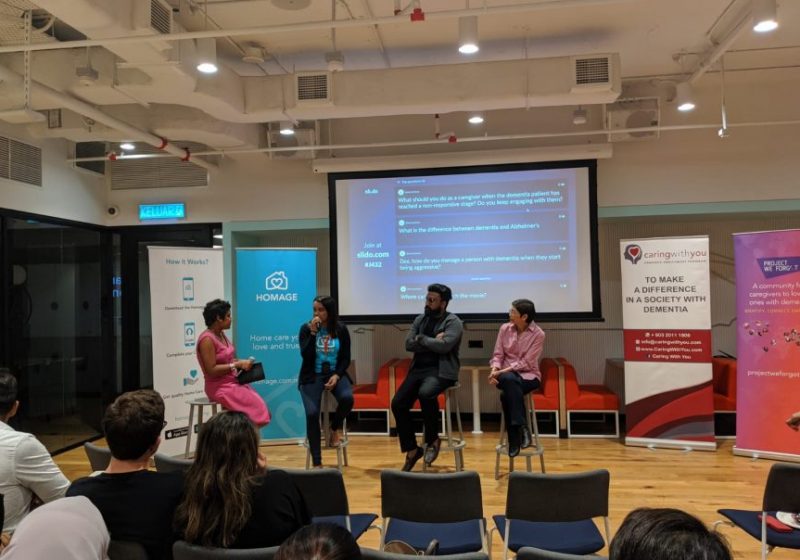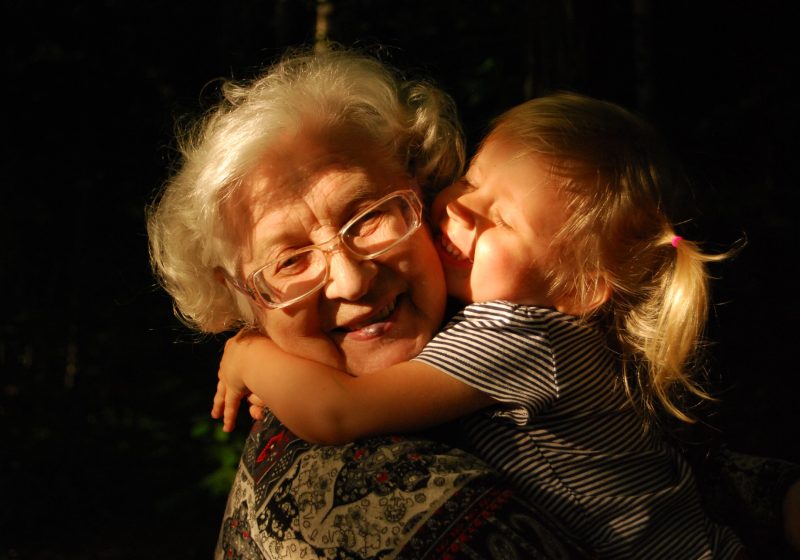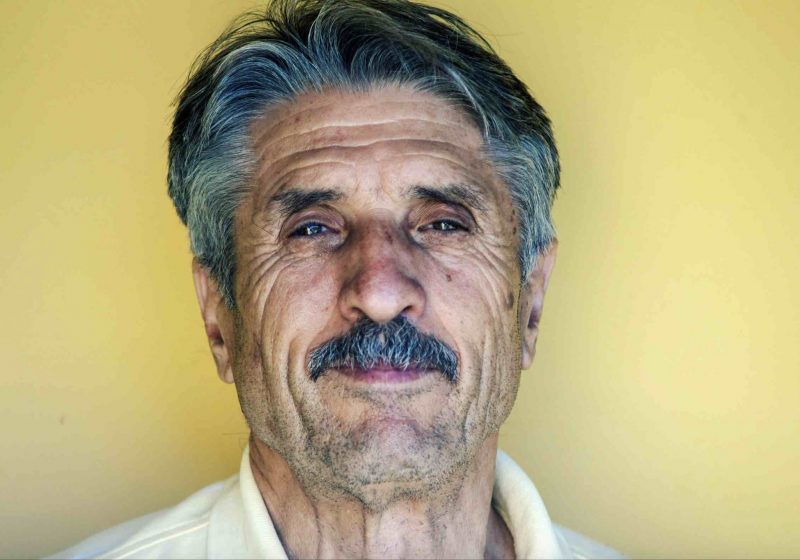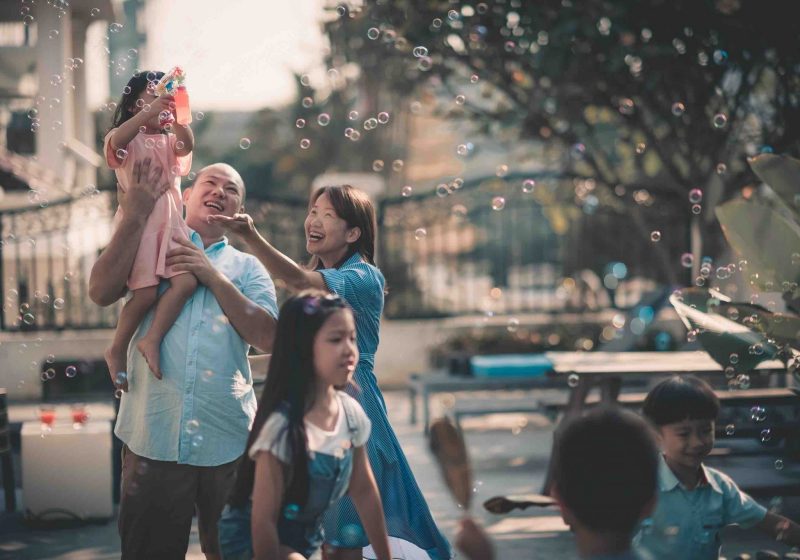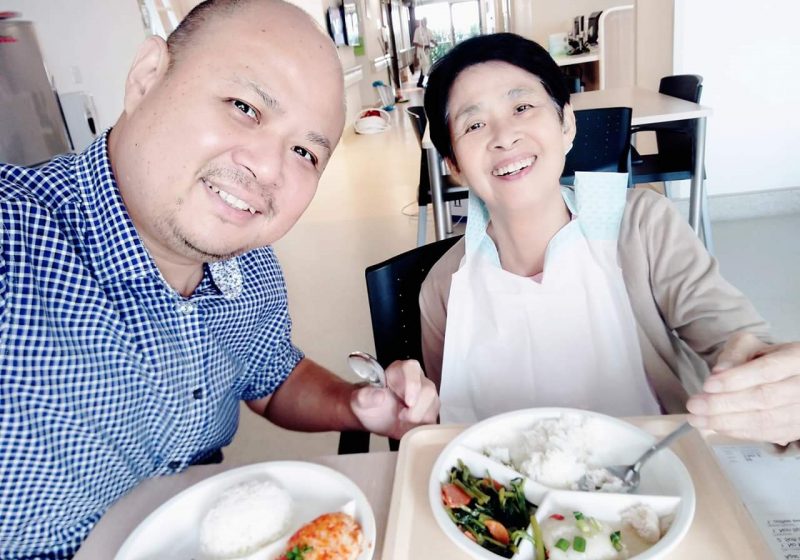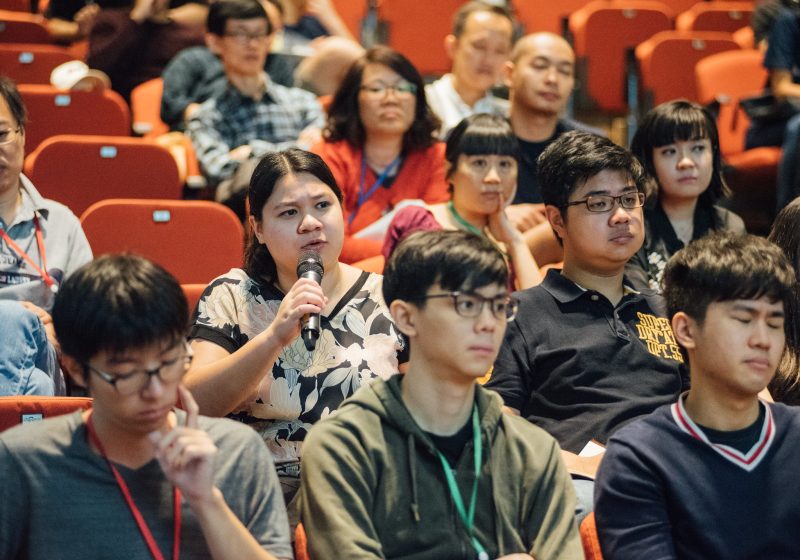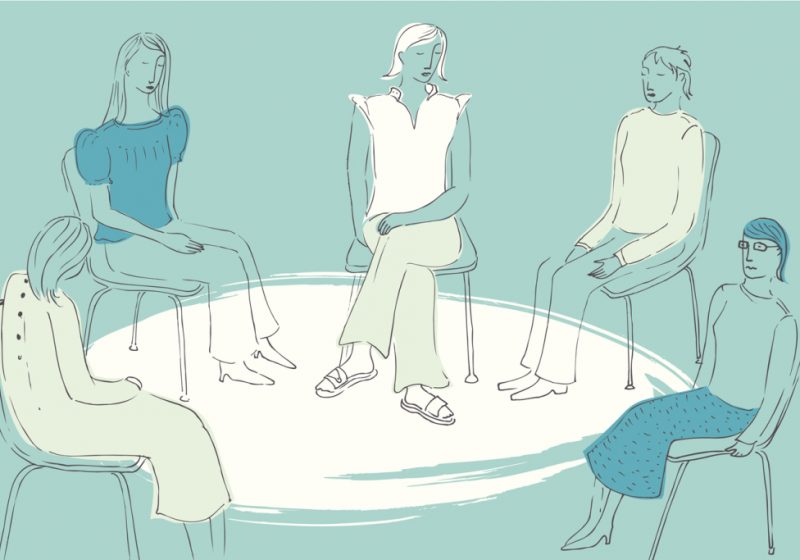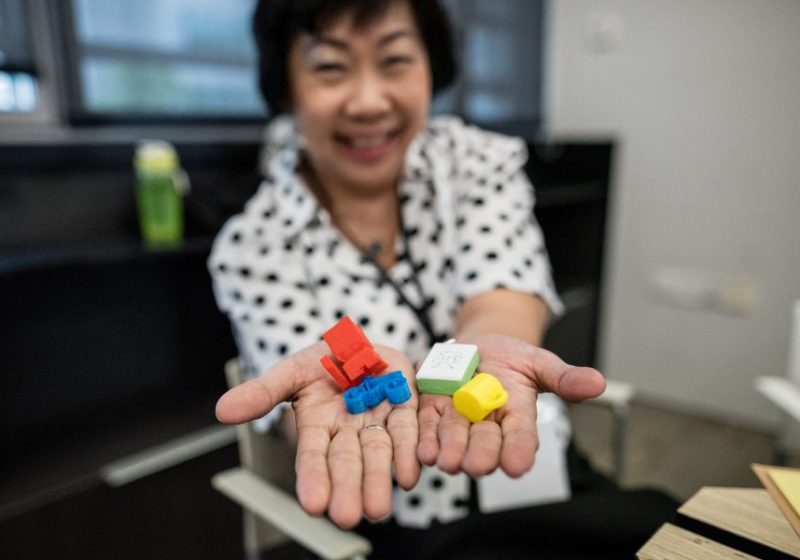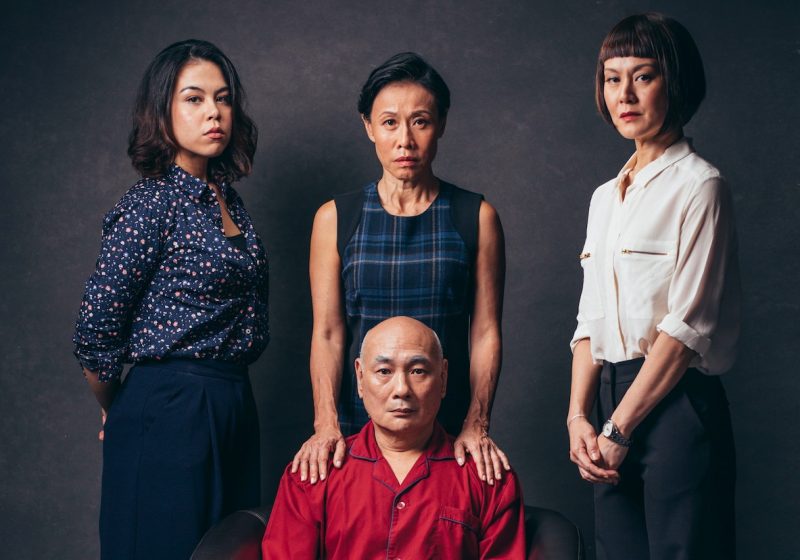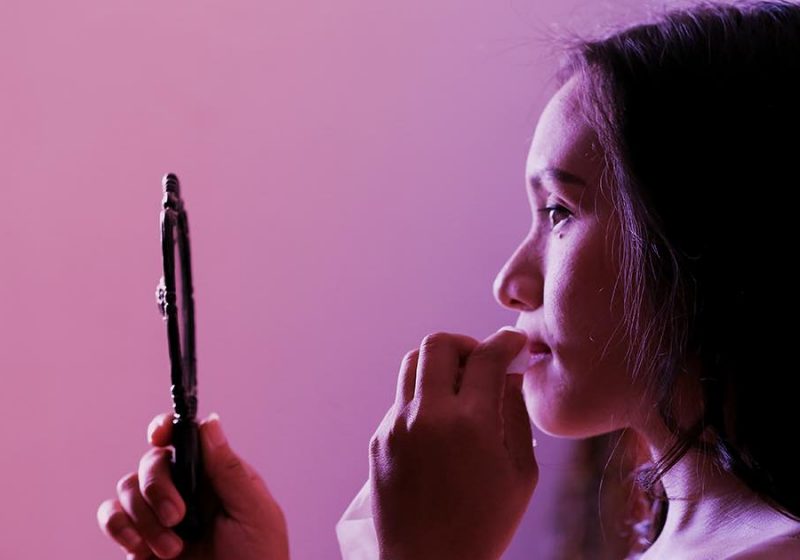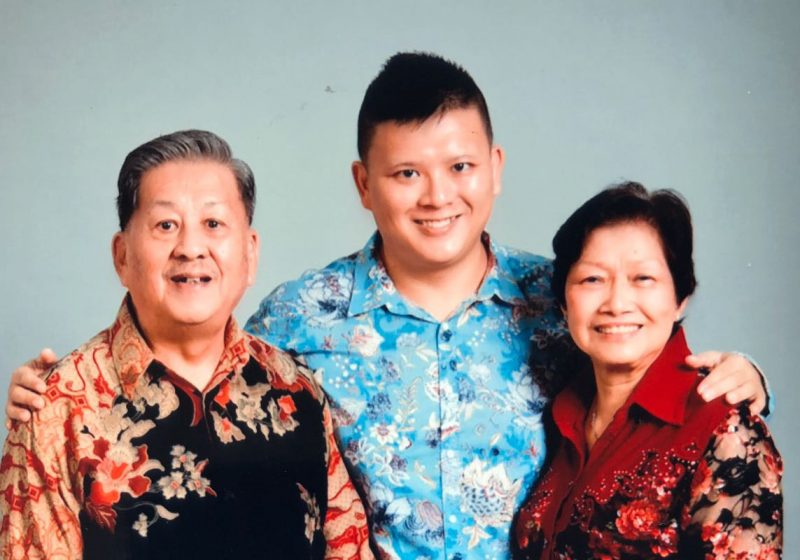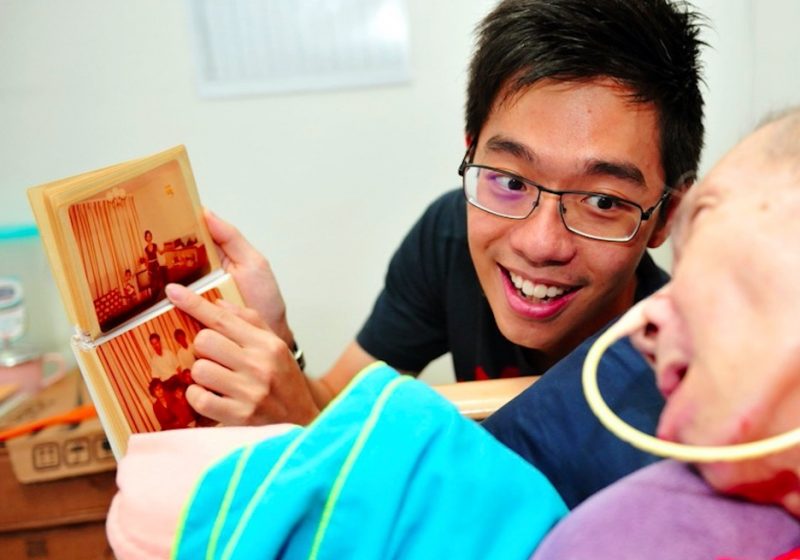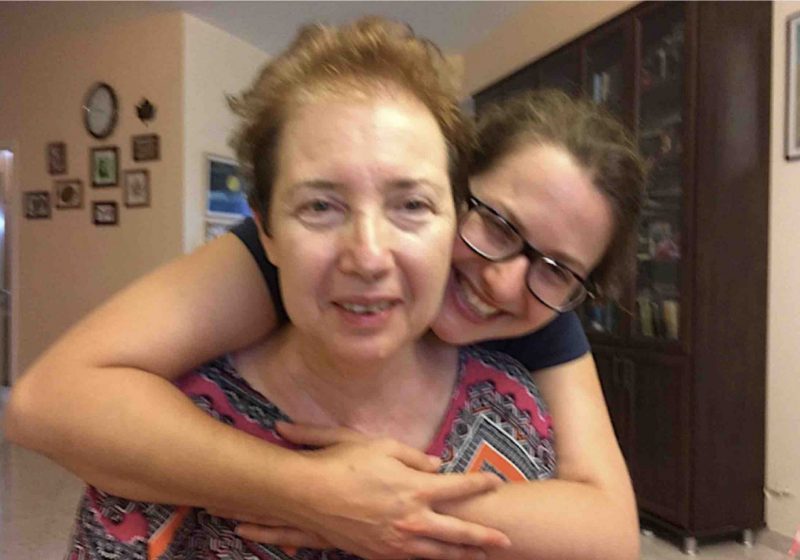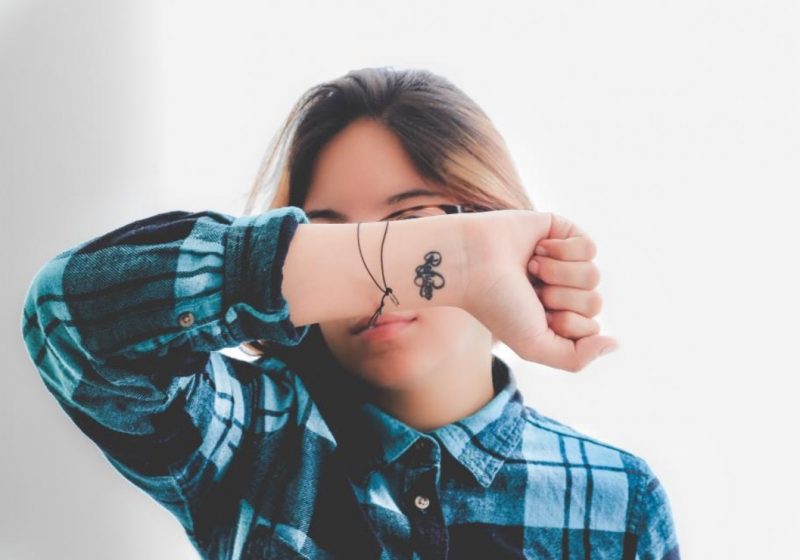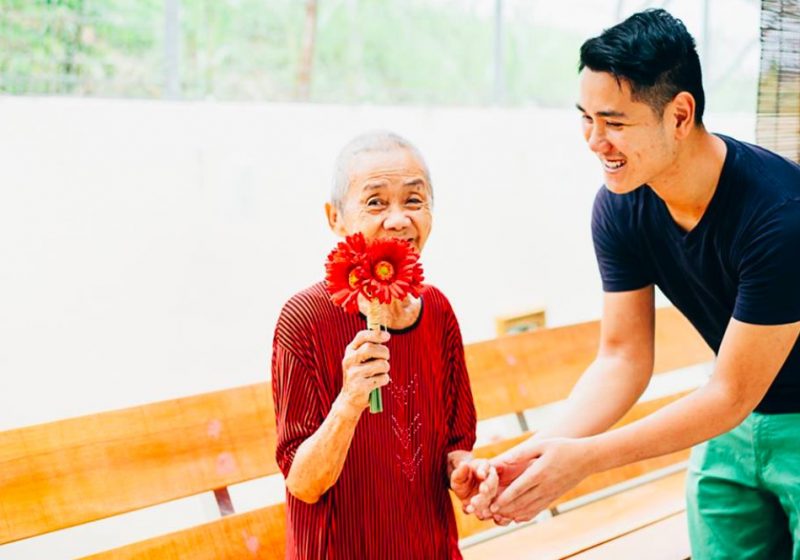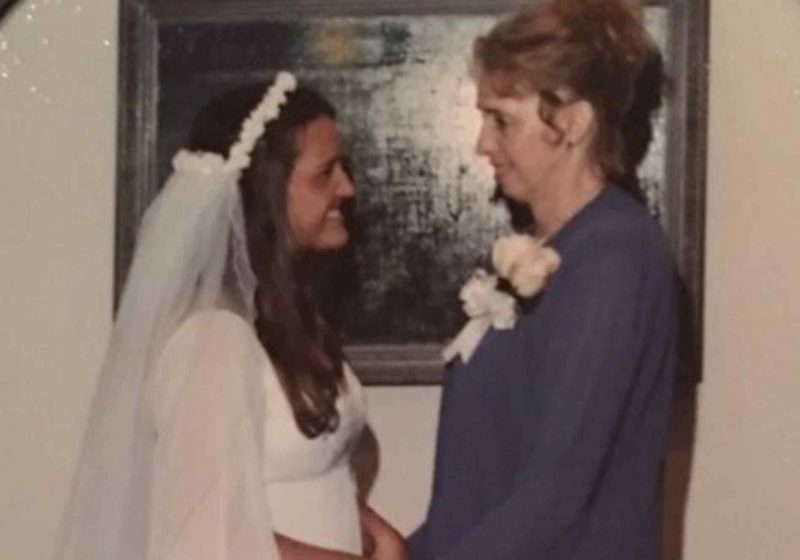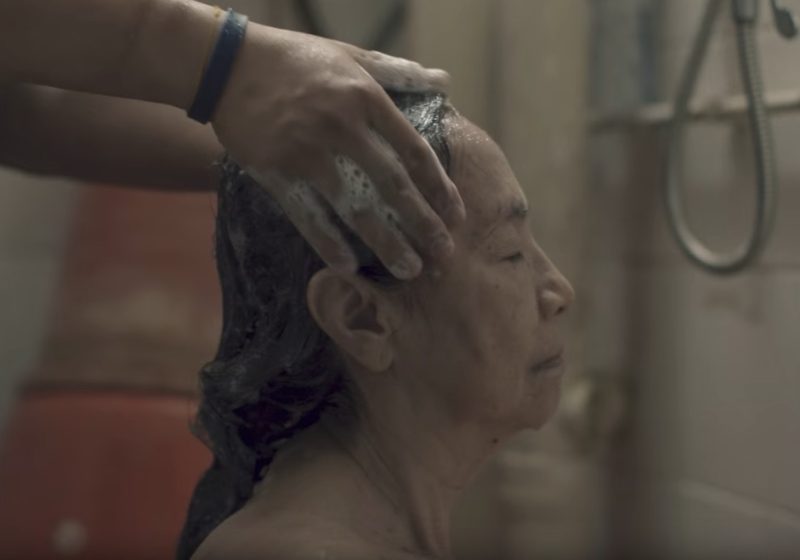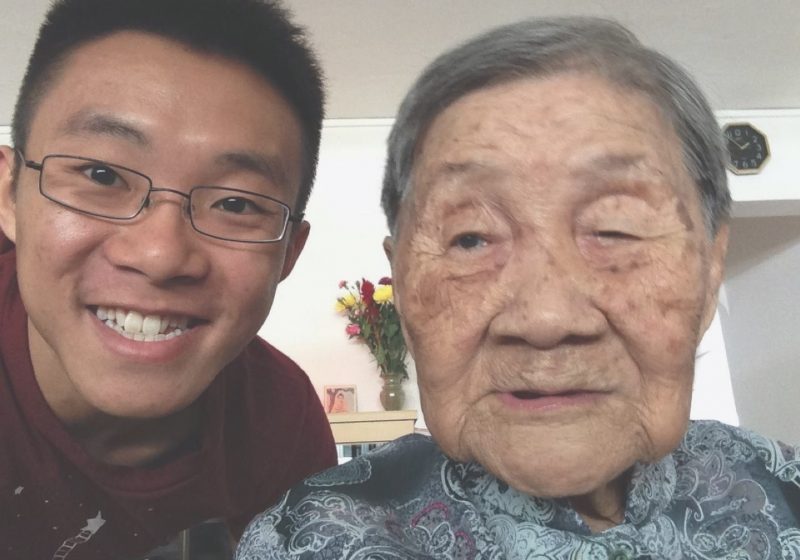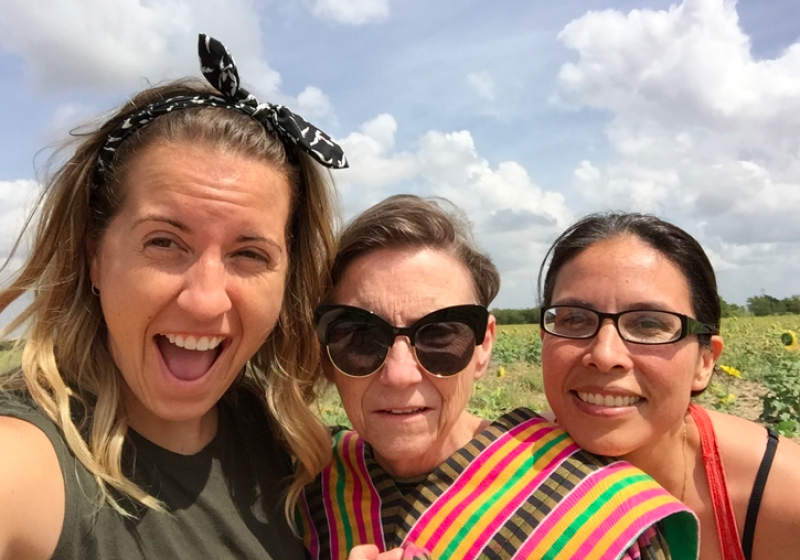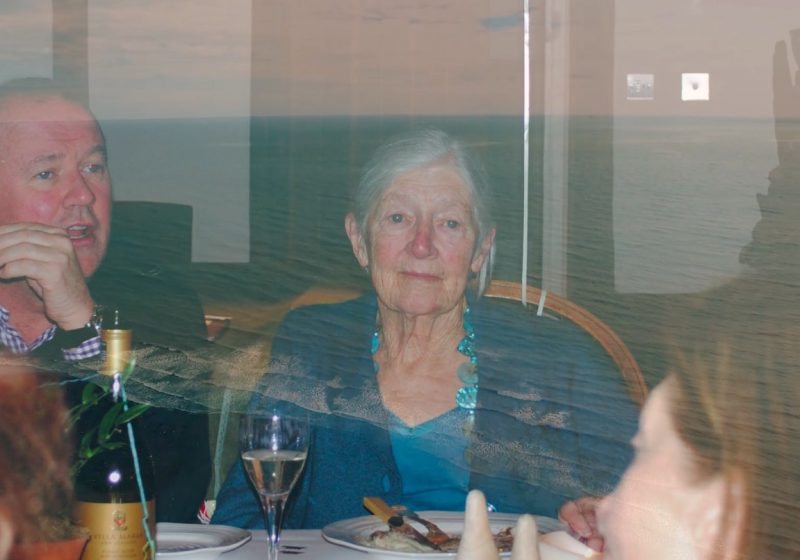Sometimes, it is through these tiny bits that we begin to see the beauty in suffering. The beauty lies not in the fact that these people are suffering. The beauty is when you are able to momentarily lead them to reality again, to be able to give a direction to their lives for a moment.
By Lukáš Behul

I want to tell you about the beauty in the meaningless suffering that we see, about the meaningfulness of people who might think that they are doing meaningless things.
We need to have an open mind and approach it from the broader perspective to really comprehend and appreciate why we do what we do.
We have to be willing to listen, and like how Naomi Feil – an accomplished developer of the Validation Method for communicating with the elderly diagnosed with dementia – says it, “to be willing to walk in someone else’s shoes.” It is only through this that we can truly understand the purpose of the work that we do.
My work as a therapist to patients with Alzheimer’s is like picking up the torn pieces of someone’s messed up and confused universe. I try my best to bring order to their chaos, for the fear of the unknown and forgotten disappears where there is some order and system, for where there is an order and system, there are no tears of anxiety, and there is no pain from the fear. That is the moment where it all starts to come together. In their looks, their soft caresses, and their hugs.
I like to think of my job akin to a superhero’s. Every day, I pick up these torn up pieces of confusion and compare them again and again to try and complete the mosaic and help put all the pieces back in a spot. Sure, it doesn’t look perfect and in fact, it still looks like a mess most of the time. But that’s the thing: it doesn’t need to be perfect.
Sometimes, it is through these tiny bits that we begin to see the beauty in suffering. The beauty lies not in the fact that these people are suffering. The beauty of it is when you are able to momentarily lead them into reality again, to be able to give a direction to their lives for a moment.
The point of it all lies in what our whole contemporary, cynical world regards as cliché gestures – a gentle smile and a simple hug. However, as easy as it seems, these are actions that we tend to forget. We go about chasing perfection in this world but we forget that it is in these situations of imperfection that we see true beauty.
What has your journey working with patients as a medical professional taught you? Let us know by commenting below.


